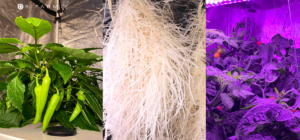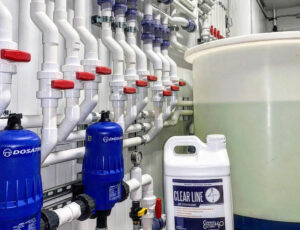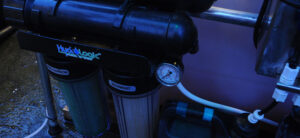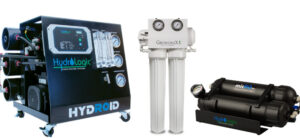If you’re unsure how often to change reverse osmosis filters or dechlorinator filters, then our RO filter replacement guide is a must-read - the quality & health of your plants depends on it!
Don’t risk your old, tainted water filters or membranes letting contaminants through - you paid good money for your water filtration system, so you might as well make sure it’s running smoothly at all times and doing its job!
The problem is that aside from commercial water filtration systems, there is usually no onboard indicator of when exactly it’s time to start replacing RO filters.
Your manufacturer may have provided an estimation, but because every feed water quality & conditions are different, you need a more accurate way to tell when it’s time to swap that old filter out.
And that’s what we’re going to do today - we'll explain the foolproof way to determine if its time to change your RO membrane, your pre-filters, and your carbon filters. Let’s start with the importance of water filter replacement.
TL;DR: RO membranes need to be replaced every six months, and other filter types will need to be changed once a year. But the only way to know for sure if it's time to replace your filter or membrane is by testing the filtered water and looking for a drop in efficiency or efficacy.
Continue reading →
















